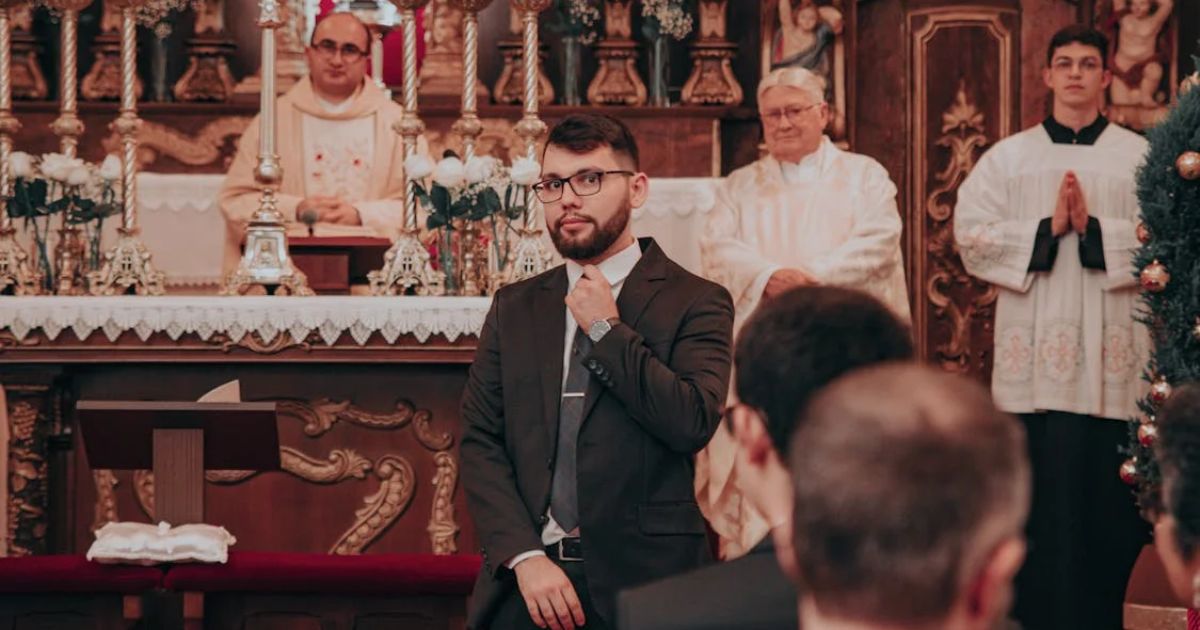The recognition of gay marriage by religions varies widely across the globe, reflecting a spectrum of beliefs, traditions, and interpretations of sacred texts. While some religious communities have embraced same-sex unions, others remain firmly opposed. The discussion is often rooted in theological interpretations, cultural practices, and evolving societal norms.
Understanding the Intersection of Religion and Marriage
Marriage has been a cornerstone of religious practices for centuries, often seen as a sacred covenant blessed by divine authority. However, the definition of marriage—particularly regarding same-sex unions—has sparked debate within many religious traditions.
The question is: Can love, regardless of gender, align with religious teachings? To answer this, let’s examine the views of major world religions on gay marriage.
Christianity: Diverse Views Across Denominations
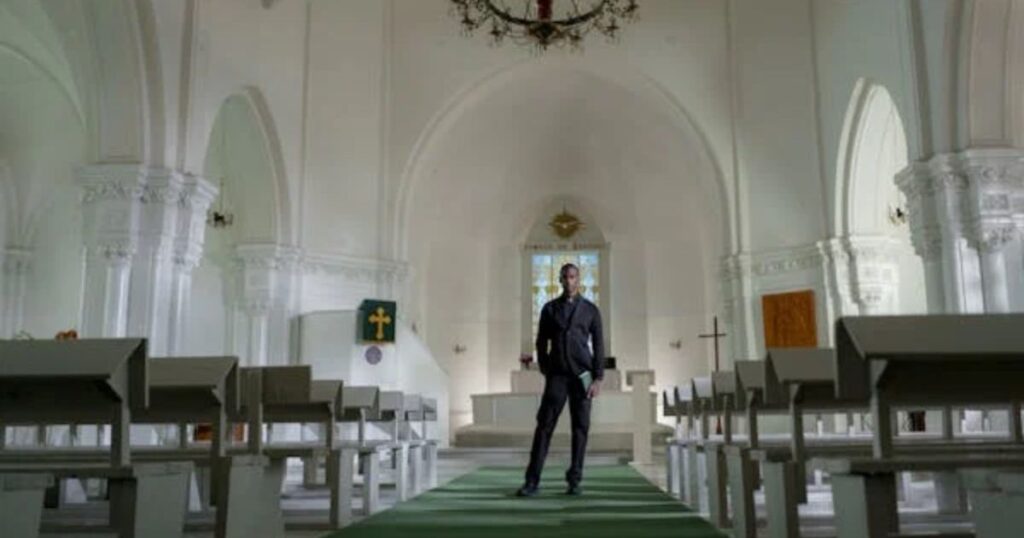
Christianity, the world’s largest religion, has varied stances on gay marriage depending on denomination and cultural context.
Conservative Denominations
- Catholic Church: The Catholic Church does not recognize gay marriage, emphasizing that marriage is a sacrament between a man and a woman. However, Pope Francis has called for compassion and respect for LGBTQ+ individuals, even supporting civil unions as a way to protect legal rights without redefining marriage.
- Evangelical Christians: Many evangelical groups oppose same-sex marriage, citing biblical texts that they interpret as condemning homosexuality.
Progressive Denominations
- Episcopal Church: The Episcopal Church in the United States recognizes same-sex marriage, reflecting a more inclusive interpretation of scripture.
- United Church of Christ: Among the first denominations to affirm same-sex marriage, emphasizing love and equality as central to their faith.
Key Point: Christianity’s response to gay marriage is diverse, ranging from strict opposition to full acceptance, depending on the denomination and cultural setting.
Islam: Traditional Stance, Emerging Discussions
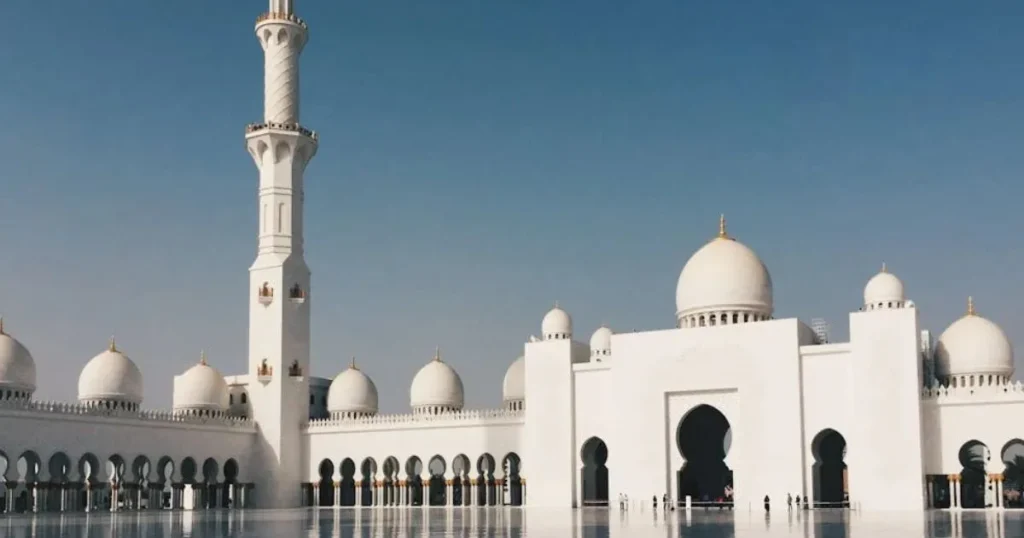
Islam traditionally defines marriage as a union between a man and a woman. Same-sex relationships are often prohibited in Islamic law (Sharia) and are viewed as contrary to the teachings of the Quran and Hadith.
Traditional Perspective
- Most Islamic scholars and institutions do not recognize gay marriage, and in many Muslim-majority countries, same-sex unions are legally and socially prohibited.
Emerging Conversations
- Progressive Muslim scholars and LGBTQ+ advocacy groups within the Muslim community are initiating discussions about inclusivity, arguing for reinterpretations of scripture to align with modern values of equality and compassion.
Key Point: While traditional Islamic views reject gay marriage, emerging voices are pushing for dialogue and inclusivity.
Judaism: A Spectrum of Acceptance
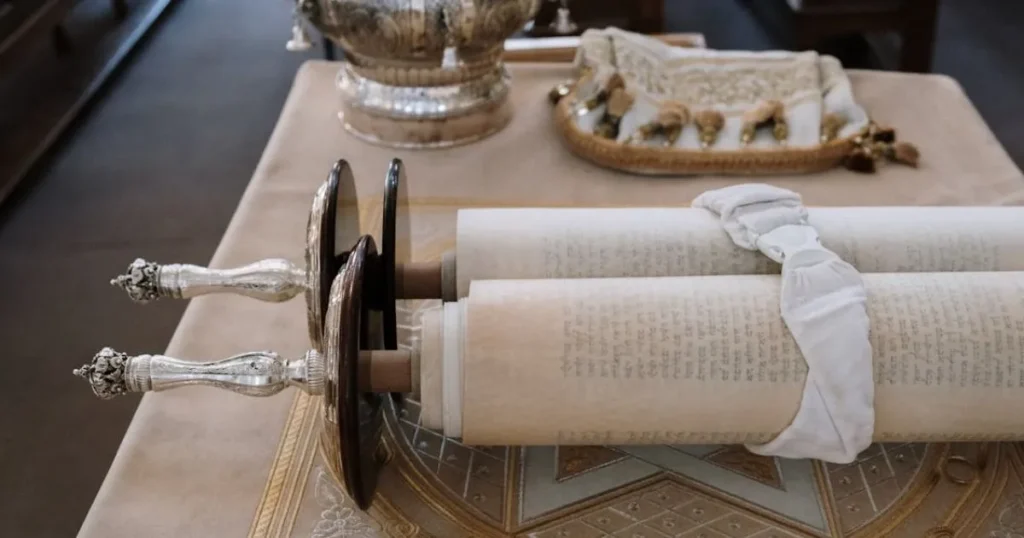
Judaism’s perspective on gay marriage varies widely across its denominations: Orthodox, Conservative, and Reform.
Orthodox Judaism
- Orthodox Judaism does not recognize same-sex marriage, adhering to traditional interpretations of the Torah, which forbids homosexual acts.
Reform and Conservative Judaism
- Reform Judaism supports same-sex marriage, emphasizing social justice and equality. Many Reform synagogues perform same-sex wedding ceremonies.
- Conservative Judaism has made significant strides in recent years, permitting rabbis to officiate same-sex marriages and ordaining LGBTQ+ individuals as clergy.
Key Point: Judaism’s stance on gay marriage ranges from strict opposition in Orthodox communities to full inclusion in Reform Judaism.
Hinduism: A Complex Relationship

Hinduism, with its diverse traditions and lack of a central authority, offers a mixed perspective on same-sex relationships and marriage.
Traditional Views
- Historically, Hindu texts do not explicitly address same-sex marriage. However, traditional practices emphasize heterosexual unions for procreation and family lineage.
Modern Interpretations
- In contemporary India, attitudes toward gay marriage are evolving. The decriminalization of homosexuality in 2018 has sparked conversations about same-sex unions, with some Hindu priests now performing marriage ceremonies for LGBTQ+ couples.
Key Point: Hinduism’s views on gay marriage are evolving, with modern interpretations challenging traditional norms.
Buddhism: Emphasis on Compassion and Individual Path
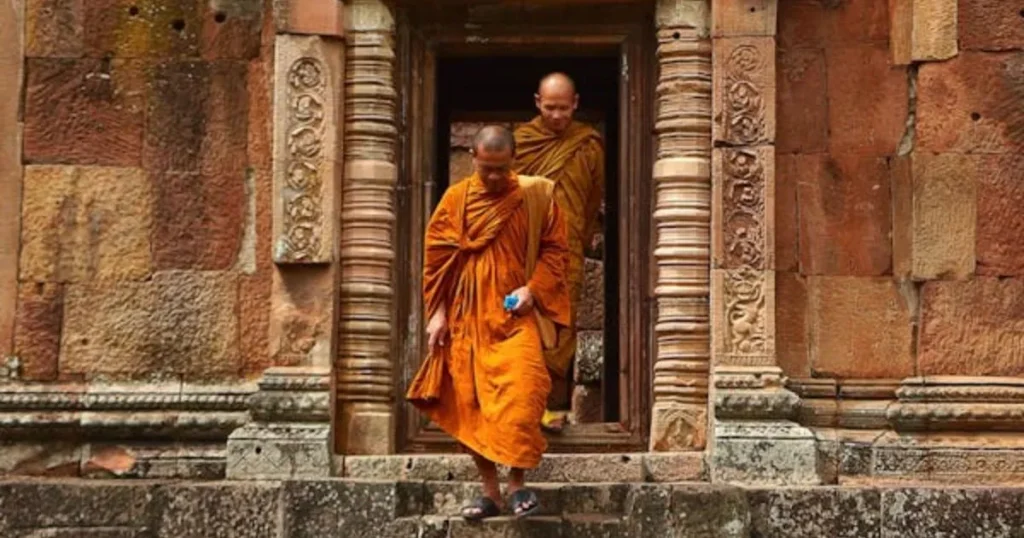
Buddhism does not have a unified stance on gay marriage, as it lacks a central governing authority. Teachings vary by tradition and region.
Traditional Views
- Some Buddhist texts emphasize heterosexual relationships for those who choose to marry, aligning with societal norms.
Inclusive Approaches
- Many modern Buddhist leaders focus on the principles of compassion and non-judgment, supporting same-sex relationships as long as they are rooted in love and mutual respect.
- The Dalai Lama has expressed support for LGBTQ+ rights, emphasizing compassion over rigid adherence to tradition.
Key Point: Buddhism’s stance on gay marriage is shaped by its emphasis on compassion and varies based on cultural context.
Other Religions and Philosophies
Sikhism
- Sikhism emphasizes equality and does not explicitly address homosexuality or same-sex marriage. Some Sikh leaders have supported LGBTQ+ rights, but same-sex marriage is not widely recognized within the faith.
Taoism
- Taoism, with its focus on harmony and balance, does not explicitly address gay marriage. Its flexibility allows room for inclusive interpretations in modern contexts.
Indigenous and Pagan Traditions
- Many indigenous and pagan traditions honor diverse expressions of love and partnership, often embracing same-sex unions as natural and sacred.
Challenges LGBTQ+ Individuals Face in Religious Communities
For LGBTQ+ individuals, navigating their faith while seeking recognition for their relationships can be challenging.
- Stigma and Exclusion: Many face rejection from religious communities that oppose gay marriage.
- Balancing Faith and Identity: Reconciling religious beliefs with sexual orientation can create internal conflicts.
- Advocacy and Reform: LGBTQ+ individuals and allies within religious communities are advocating for greater inclusivity and dialogue.
The Path Forward: Bridging Faith and Inclusivity
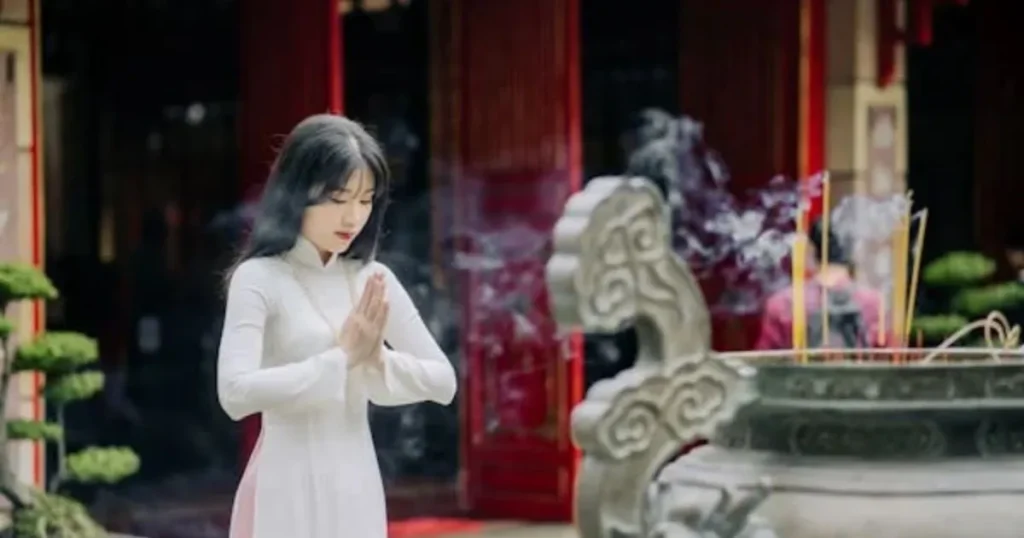
As societal norms evolve, religious institutions are increasingly grappling with the question of gay marriage. While some hold firm to traditional interpretations, others are embracing change, guided by principles of love, equality, and justice.
Steps Toward Inclusivity:
- Dialogue and Understanding: Encouraging open conversations within religious communities about LGBTQ+ rights and theology.
- Reinterpreting Sacred Texts: Exploring inclusive interpretations of religious teachings.
- Creating Safe Spaces: Establishing support groups and inclusive places of worship for LGBTQ+ individuals.
Conclusion: A Spectrum of Beliefs
The recognition of gay marriage by religions reflects a spectrum of beliefs, rooted in centuries of tradition and evolving societal values. While many religious communities continue to oppose same-sex unions, others are embracing inclusivity and adapting to modern understandings of love and equality.
Ultimately, the path forward requires empathy, open dialogue, and a commitment to honoring the dignity of all individuals, regardless of their sexual orientation or relationship choices.

